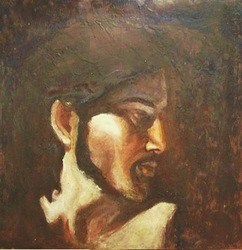
The first Beatitudes, each exhibiting an absence of one of the four elements, illustrate aspects of our personal relationship with God. By contrast, the second four focus on an overflow of these same elements. The excess of these elements are illustrated in four attributes which affect others, allowing us to share with those around us the benefits of a restored relationship with God.
If you're just joining us, the study begins here.
The Seventh Beatitude:
"Blessed are the peacemakers, for they will be called the sons of God."
If you're tracking the elements that apply to the Greek concept of medicine, the seventh beatitude, to be consistent with the other six, would need to describe an excess of fire. This isn't easily reconciled with our current concept of peacemaking, but the ancient Athenians thought of peace in a very different way than we do. War was a constant state in Athens; peace was an interruption of war.
The theme of Athenian culture and values runs strongly through the Beatitudes; so much so, that I began to wonder why. Matthew says the audience of the Sermon on the Mount came from the ten cities of the Decapolis. When I looked up "Decapolis"--, and "Athens" I found there was a distinct conection. These ten cities of Judea represented in the audience of the Sermon on the Mount were all part of the Delian league--military allies of Athens whose cities shared a strong tendency toward Athenian culture. It's a good argument that Jesus knew his audience; still, it's probably no coincidence that Jesus chose to address cultural norms that still affect us today.
We may never have touched foot in Athens, but the teachings of the Beatitudes can stop us in our tracks even so.
It was the Jews, not the Athenians, who greeted one another, "Shalom!" meaning "peace," and then wished peace to one another again on departing. The psalmist taught that to drop our weapons is to "be still"--to empty our hands of our defences, and know God.
'9 He makes wars cease
to the ends of the earth.
He breaks the bow and shatters the spear;
he burns the shields with fire.
10 He says, “Be still, and know that I am God;
I will be exalted among the nations,
I will be exalted in the earth.”' --Psalm 46
The destruction of weapons is an efficient means of ending war. The Spartan general Lysander marked the fall of the Athenian Empire and the end of the Peleponnesian Wars by torching the Athenian navy in 404 BC.
The very wealthiest and most influential in Greek society--those who excelled--the best of the best, or as they thought,the most favored by the gods--were described as "makarioi." This is the same word that Jesus used for "blessed."
The word Jesus uses for peace, "eirene," is often used as a greeting in the New Testament--but nearly as often, it is used to describe harmony between groups of people. In the Greek language, the word doubles for the name of the goddess of peace, Eirene, who is often pictured setting fire to large piles of weapons. She was thought by the Greeks to be a child of the gods.
In the seventh Beatitude, Jesus calls us to place our allegiance not with the declining empire, but as members of God's own family with the ascending Kingdom of Heaven.
Click here for a study of the eighth Beatitude
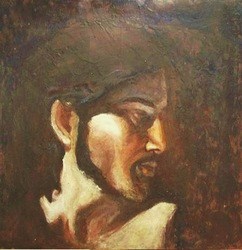
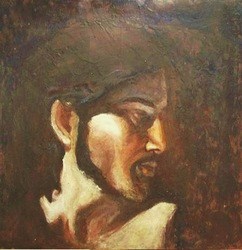
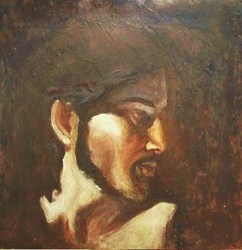
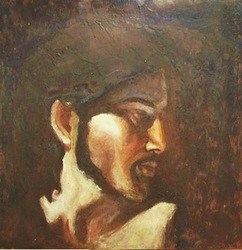
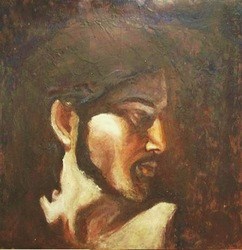
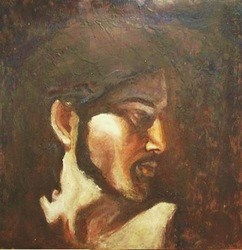
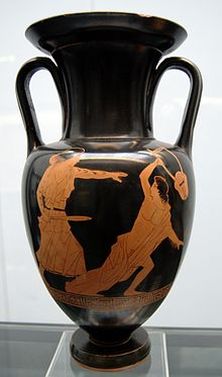
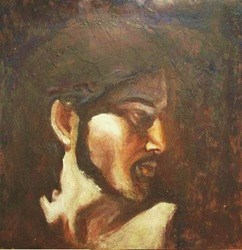
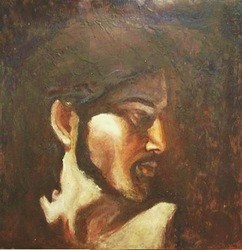
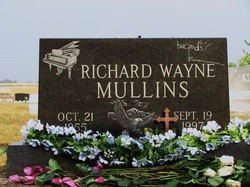

 RSS Feed
RSS Feed
